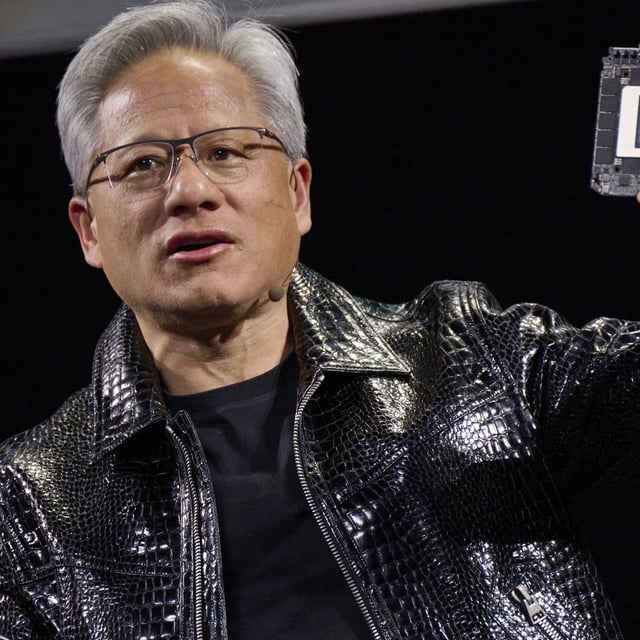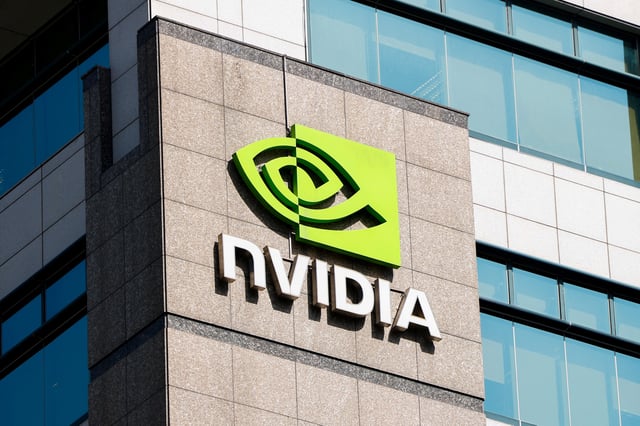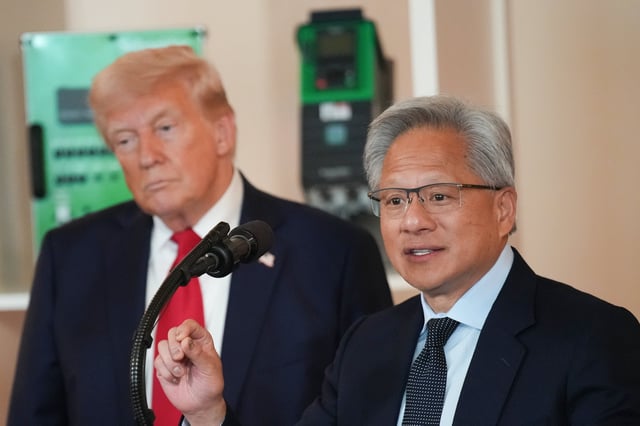Overview
- The AI Diffusion Rule, set to take effect May 15, imposes export controls on advanced AI chips, dividing countries into three tiers based on security risk.
- Anthropic supports the rule and urges tighter controls, citing China's aggressive chip stockpiling and advancements by AI labs like DeepSeek as reasons for stricter enforcement.
- Nvidia CEO Jensen Huang calls for loosening export restrictions, arguing that global AI technology diffusion is crucial to maintaining U.S. competitiveness.
- The Trump administration is considering replacing the tiered system with a per-country licensing approach, potentially altering the framework's structure.
- Nvidia and Anthropic publicly clashed over smuggling claims, with Nvidia criticizing Anthropic's assertions as exaggerated and counterproductive for innovation.



